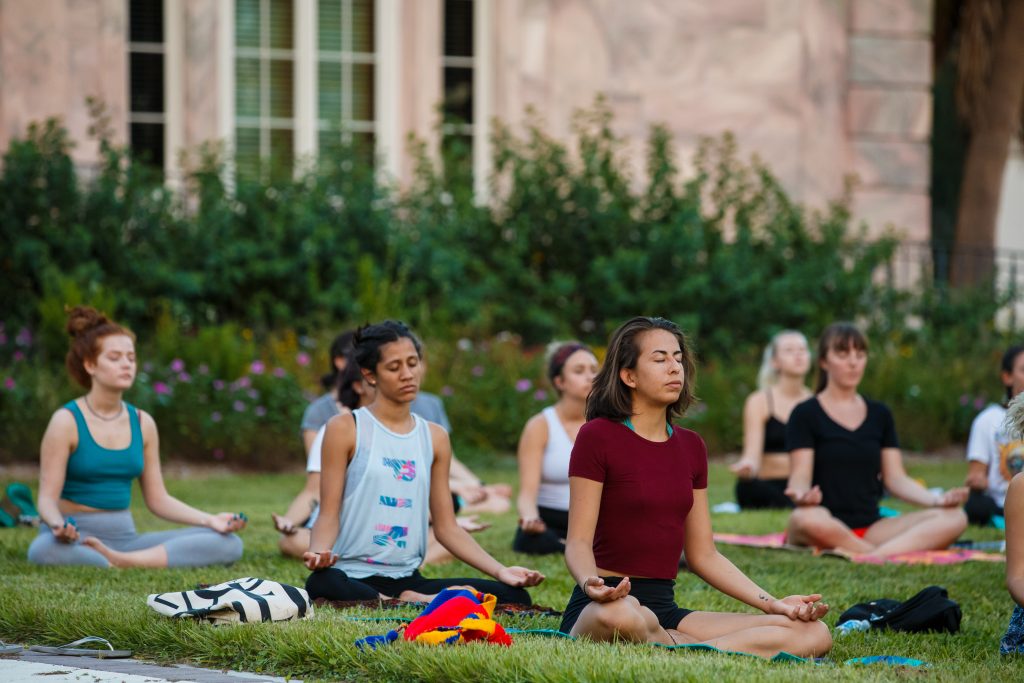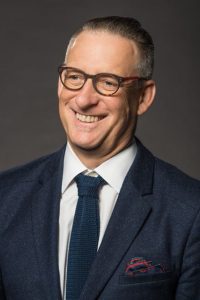Health, Culture and Societies explores the complex interaction among biological, social, and cultural realities, both present and past. The HCS joint concentration complements students’ learning experiences in any other Area of Concentration and provides a focal point for health-related futures.

About the Health, Culture, and Societies AOC
Health, wellness, and even disease can only be fully understood, we believe, through studying the complex interaction of biological, social, and cultural realities in societies past and present. The Joint AOC in Health, Culture, and Societies (HCS) fosters an understanding of the importance of these interwoven factors to explore experience, practice, policy, medical interventions, and the uses of data and information.
HCS is radically interdisciplinary (working across disciplines), even transdisciplinary (crossing academic study, professional work, and community engagement). We support students in exploring different aspects and conceptions of health in social and cultural contexts. A concern for long standing histories of health inequities, expert and local knowledge, and contemporary disparities is central to this program. Because practical experiences and professional exploration alternate with academic study and classroom instruction, this joint-AOC is particularly appropriate for students interested in health-related careers, broadly defined. Students in the program may come to health from a humanistic (i.e., artistic, literary, historical, philosophical, or ethical), a social scientific (i.e., anthropological, psychological, social, economic, or political), and/or a natural scientific (i.e., biological, biochemical, physiological, or epidemiologic) perspective.
Featured Course
INST 2200
Health, Culture, and Societies: Interdisciplinary Explorations
This course interrogates “health” and its relation to both cultures and societies from multiple perspectives across the natural sciences, the social sciences, and the humanities. We begin by asking what to we mean by health – is health something fixed across time and cultures or is it variable? Is health a property of an individual or something better thought of in terms of a community? Health is something we desire and understood as a “good,” but also sometimes imposed upon us as a mortal imperative. Health may stand in for other socially desirable qualities: beauty, youth, racialized and gendered ideals. How do we measure and track health or wellness – for ourselves, for others, for our communities? How has health, well-being illness, disease been understood and experienced in different places and different times? Topics to be explored include cross-historical and cross-cultural concepts of contagion, disease, illness, medicine, care, and healing; public health and health disparities; uses and misuses of data; health history and why history matters for thinking about and seeking health.
Recent Courses
- Health, Culture, and Societies: Interdisciplinary Explorations
- Social Epidemiology
- Health Education
- A History of Biomedicine
- Neuroethics
- Animal Minds and Ethics
- The Black Death
- Medical Anthropology
- Dealing with Data I
- Dancing with Parkinsons
- Epidemiology Matters
- Global Health
- Epidemiology II
- Tropical Infectious Disease Epidemiology
Career Pathways
- Medicine
- Nursing
- Public Health
- Medical/Science Research
- Health Arts
- Behavioral Health
- Data Analytics
- Health Advocacy
- Policy Analysis
- Health Information and Communication
- Health Informatics
- Disabilities/ADA Law and Policy
- Public/Health Administration
- Medical Librarian
- Medical Illustrator
- Social Worker

Pre-Health Program
In an effort to share valuable resources and create strong connections between students, the pre-health program is designed for students interested in pursuing a career in healthcare or medicine including Pre-Med, Pre-Vet, Pre-Dental, and Pre-Pharmaceutical.
Contact Us

Dr. Kristopher Fennie
Associate Professor of Epidemiology
Co-Director of Health Cultures and Societies
Email Address
Location
Heiser 123B
Heiser E172C
Office
Health, Culture & Societies Faculty
Dr. Kristopher Fennie
Associate Professor of Epidemiology
Co-Director of Health Cultures and Societies
Dr. Yidong Gong
Assistant Professor of Anthropology, Co-Director of Health, Cultures, and Societies

